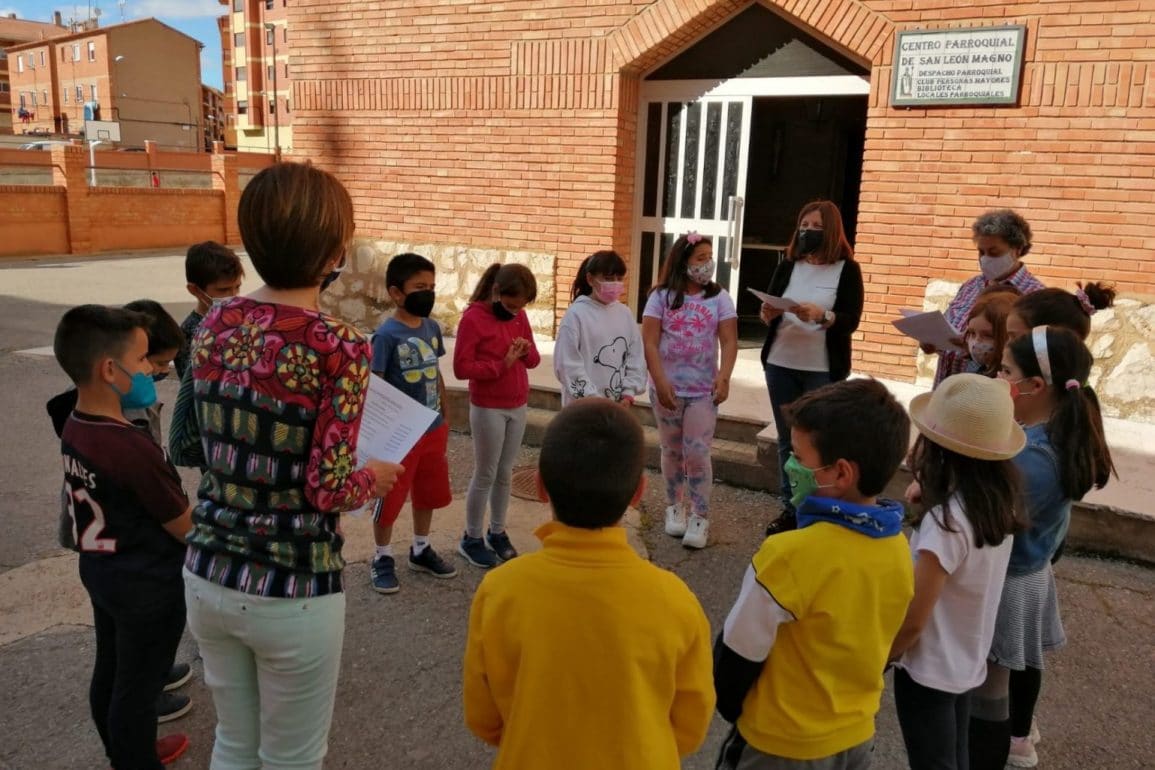Fernando Moreno, Ph.D. in Education, offers this article on the Ministry of the Catechist, as an “opportunity for the renewal of catechesis.”
* * *
Last December 13, the Congregation for Divine Worship and the Discipline of the Sacraments published the Rite for the Institution of the Ministry of Catechist, which came into force on January 1, 2022. On January 23, Pope Francis will confer the Ministry of Catechist on a group of catechists from all over the world, during a celebration in Saint Peter’s Basilica.
The start of this new ministry, established through the Motu Proprio Antiquum Ministerium, has been very quick and has awakened expectation. These events are occurring just over a year after the publication of the Directory for Catechesis. The world’s catechists observe the first steps with curiosity and interest while waiting for their corresponding Episcopal Conferences to define the criteria for the exercise of the ministry and the plans of formation.
Although only part of the catechists will receive this ministry, there is no doubt that its implantation will have a great impact on all Catholic catechesis, if advantage is taken of the opportunity for it to serve as a reference. There is no catechesis without catechists. The pretension to get the longed-for renewal of catechesis is conditioned by the necessary renewal of catechists. To say it in other words, the challenge is not to give a new name to what already exists and to accompany it with a ceremonial rite. No one misses the fact that many of the guidelines established by the Previous General Directory for Catechesis had very poor application in practice.
Expected of the catechists that receive this ministry is that they be “men and women of profound faith and human maturity, that take part actively in the life of the Christian community, that can be welcoming, generous and live in fraternal communion, that receive due biblical, theological, pastoral and pedagogical formation to be attentive communicators of the truth of the faith, and that already have a previous experience of catechesis.” And what is expected, then, of the rest of the catechists? Except for experience, which is only acquired over time, no one should feel dispensed from fulfilling the rest of the conditions.
However, the fulfillment of such conditions requires, without a doubt, a strong motivation on the part of every catechist, but also a measured effort of the different dioceses to give the catechists the formation and accompaniment that are indispensable and which in many cases are lacking. I hope the initiatives will be welcomed that come from the clerical or lay ambit — note that the new ministry is directed to the laity — to help to make this possible. Proposals such as those of #BeCaT (http://becat.online), promoted by institutions and by faithful at the service of the Church, will be an opportunity that is worthwhile to take up with open arms.
Translation by Virginia M. Forrester










